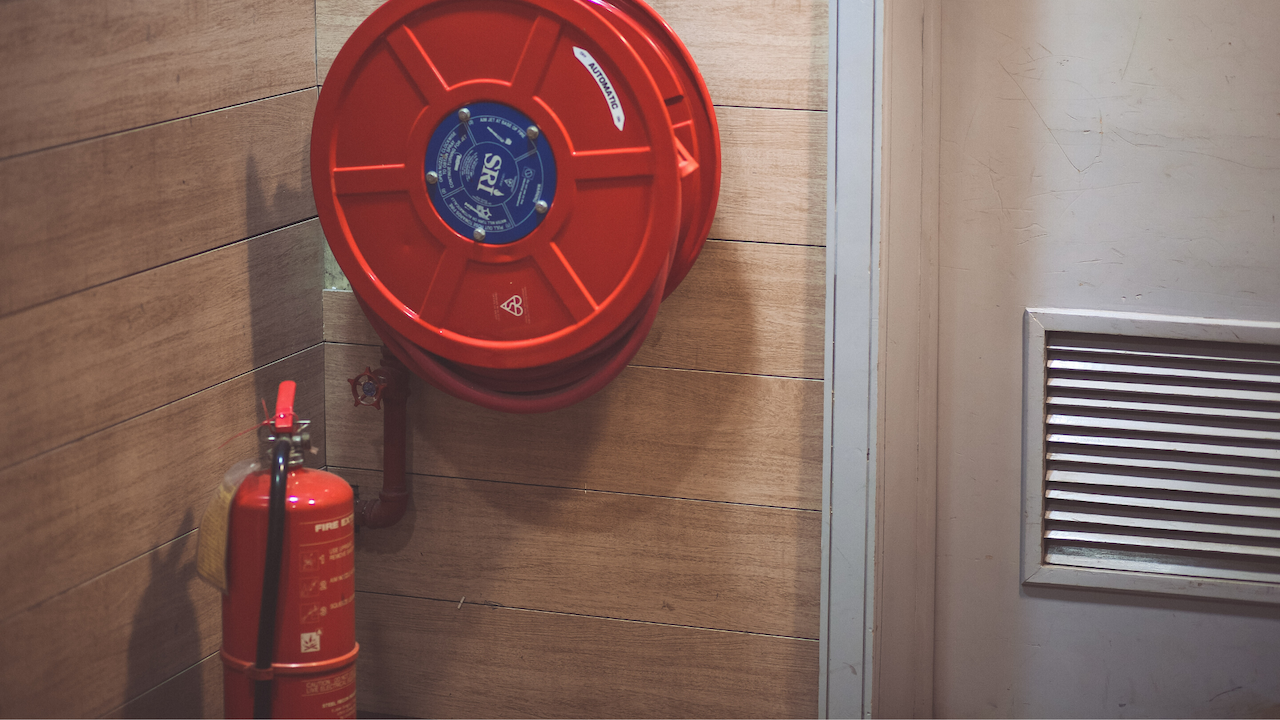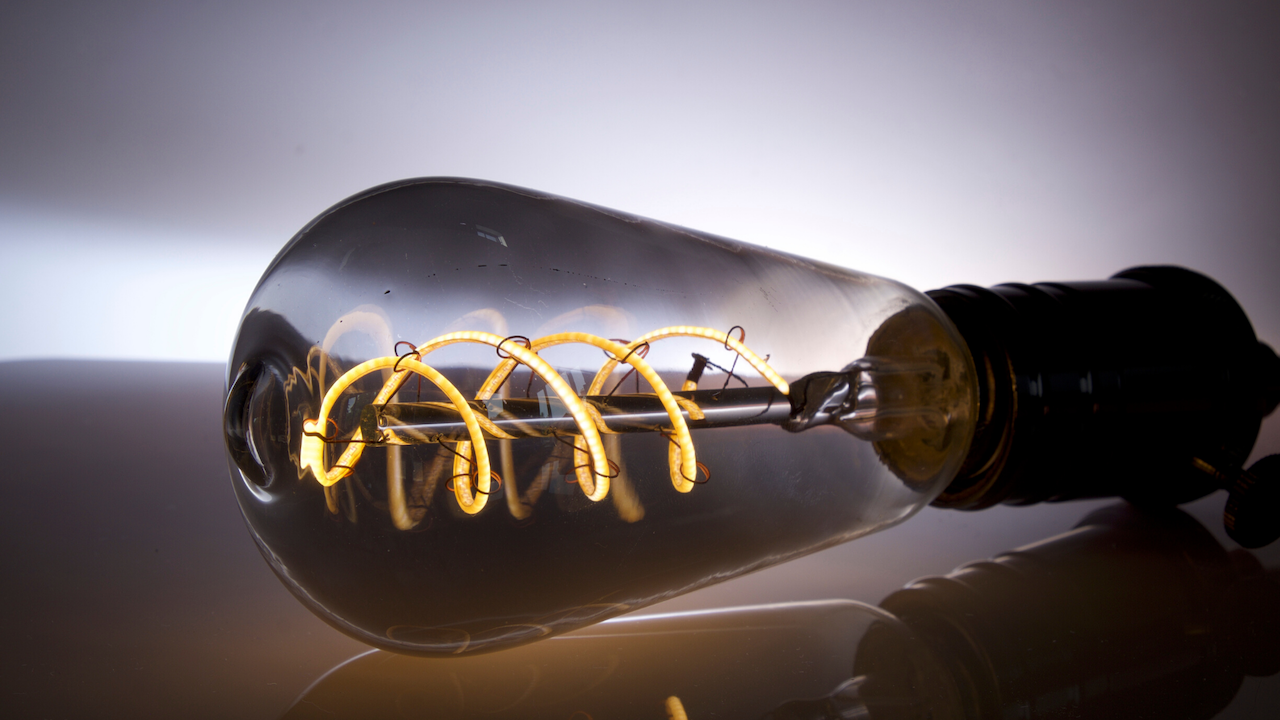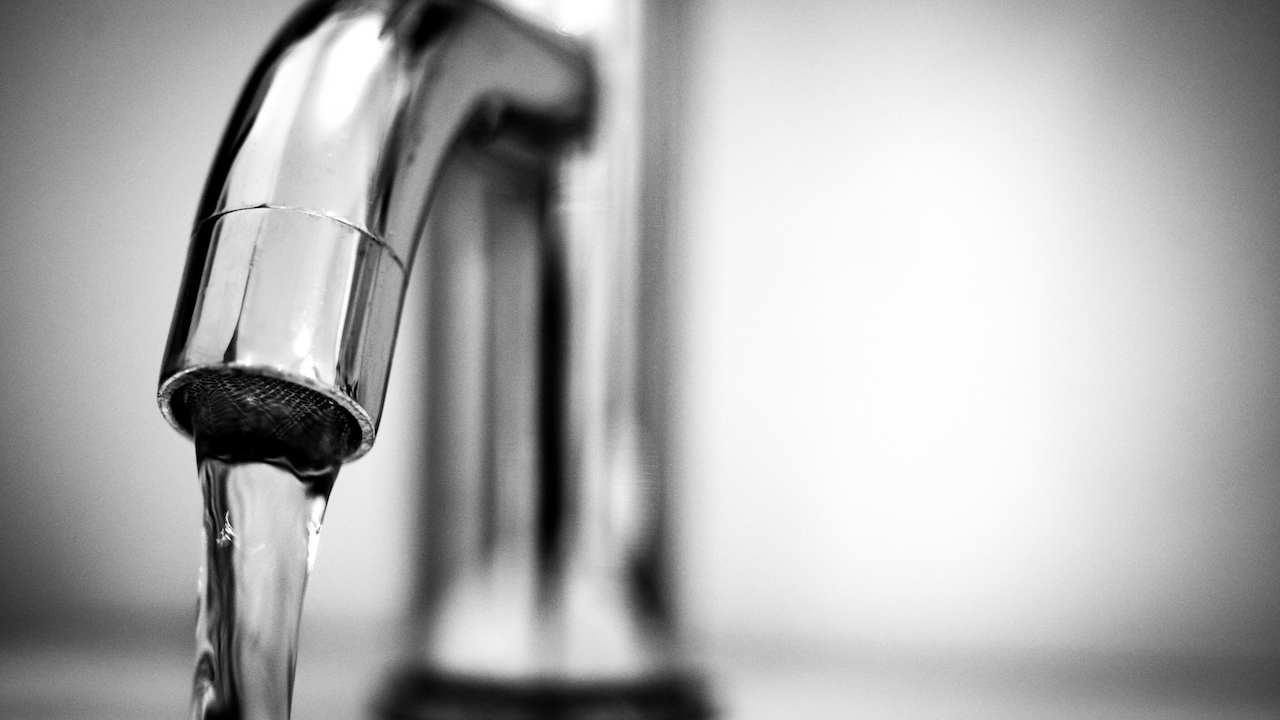– 19 April 2019 –
Potential hazards in a property
Landlords have a legal obligation to keep their properties safe, in good order and free from defects that could cause serious harm to life.
There are a range of potential hazards in a property that could harm the health and safety of people living or visiting there. Some hazards are more dangerous and/or common than others. Other hazards, such as pollutants, may be equally, or more serious, but may be less likely to occur, less visible, or may affect only certain parts of the country, such as:
- Radiation (Radon gas)
- Lead
- Asbestos
Cold
A cold home is one that cannot be maintained at a temperature between 18°C to 21°C at a reasonable cost to the occupier. Living in cold conditions can cause serious health problems.
Landlords Obligations:
- Supply adequate heating in proper working order.
- Ensure the property is insulated, meeting at a minimum EPC E rating.
- Repair broken windows and doors.
Advice for Tenants:
- Check if there is central heating (radiators or air vents connected to a central heat source, such as a boiler), and that it is working properly.
- If there is no central heating, make sure there is an alternative type of adequate heating, such as storage heaters.
- A low EPC rating indicates that your property does not retain heat very well and may be very cold during the winter. Ask your landlord to carry out some of the recommendations in the Energy Performance Certificate.
Damp and mould
Damp and mould can cause or worsen respiratory problems, infections, allergies or asthma. It can also affect the immune system, particularly in young children. Damp also contributes to excess heat loss and puts up heating bills, as well as causing damage to building fabric and contents, including clothes and furniture.
Landlords Obligations:
- Tackle dampness, including if necessary making repairs to the property’s structure and exterior (this includes repairs that are likely to be the cause of damp and mould, such as leaking gutters).
- Make sure that the property is properly ventilated.
Advice for Tenants:
- Look out for damp patches on walls and ceilings, mould, peeling wallpaper and condensation on windows.
- Check that the property is adequately ventilated, for example ensure you can open and close windows securely.
Heat
Excess heat in a property can cause dehydration, stroke and heart attacks, breathing difficulties and infections. This is more likely to affect older people.
Trip and fall hazards
Trips and falls can lead to significant injury, broken bones or loss of confidence. They are more likely to take place in baths and showers, on stairs or around low balconies and windows. Older people and the under-fives tend to be more vulnerable.
Landlords Obligations:
- Keep stairs and floor surfaces in good repair and free from trip hazards.
- Make sure that low-level large windows have restrictors or safety rails.
- Ensure there is good lighting on stairs and that stairs have appropriate handrails.
Advice for Tenants:
- Look for any obvious trip hazards and/or uneven surfaces (particularly on stairs, bathroom floors, at the exits of showers).
Fire risks

Fire can cause serious harm from burns and the inhalation of smoke or gas.
Landlords Obligations:
- Provide working smoke alarms on every floor.
- Situate cooking, heating and other electrical appliances away from flammable materials and fire exits.
- Regularly test appliances and maintain them in a good condition, making sure that any furniture supplied has the required labels and fireproofing.
Advice for Tenants:
- Check for working smoke alarms on each floor.
- Find the easiest way to escape in the event of a fire, and check that locks on fire exit doors can be opened without a key
Electrical hazards

Faulty wiring and old, untested electrical installations can lead to shocks, burns and even death. Wired fuses or cartridges present a much higher risk and are a significant fire hazard.
Landlords Obligations:
- Make sure that electrical installations and electrical equipment supplied is safe at the outset of the tenancy.
- Regularly carry out basic safety checks to make sure that the electrical installations and appliances are safe and working.
- In large Houses in Multiple Occupation (HMOs), carry out safety checks on electrical installations at least every 5 years.
Advice for Tenants:
- Check that the lights turn on and off and check that plug sockets are not damaged or coming loose from the wall.
- There should be no frayed or exposed cables or wires.
- Check there are Residual Current Devices (RCDs) protecting all circuits. (An RCD is a safety device that switches off electricity automatically if there is a fault).
Overcrowding
It is illegal for landlords to let a property to more people than it is suitable for. Overcrowding can cause accidents and the spread of contagious disease, and can prevent quick and safe exit in the event of a fire. For Houses in Multiple Occupation (HMOs), local housing authorities must impose conditions as to the minimum room size which may be occupied as sleeping accommodation. A room smaller than the specified size must not be used as sleeping accommodation, and communal space in other parts of the HMO cannot be used to compensate for rooms smaller than the prescribed minimum. Before letting an HMO, landlords must ensure that the property meets local housing authority minimum standards.
Landlords Obligations:
- Make sure that rooms for sleeping and the kitchen, bathroom, living or other recreational spaces are sufficient for the number of occupants.
Advice for Tenants:
- Walk through the property and see if there is enough room for each person who will live there.
- Make sure there are adequate kitchen and bathroom facilities for the number of occupants. Look for a suitable area where you can cook and prepare food.
Security
Properties should be safe and secure. If the property is burgled and it’s not the landlord’s fault, the landlord will not be responsible for the loss of the Tenants belongings, so you should have your own home contents insurance policy.
Landlords Obligations:
- Make sure that windows, doors or other points of entry can be properly secured.
- Make sure access to the property is well-lit.
Advice for Tenants:
- Check there are suitable locks on the doors and windows.
Lighting and noise
Inadequate lighting and excessive noise can cause health problems, as well as things like trips and falls.
Landlords Obligations:
- Provide adequate lighting (although tenants are usually responsible for replacing light bulbs after the start of the tenancy).
Advice for Tenants:
- Make sure there are appropriate fittings for light bulbs, and that bulbs can be easily changed.
Hygiene
Poor hygiene can cause illness, so you should be able to keep your property clean, prepare meals safely and rely on well-functioning drainage.
Landlords Obliations:
- Should provide adequate cooking, bathroom and waste disposal facilities.
- In large HMOs, landlords must provide enough bins for rubbish and adequate means of disposing of rubbish.
Advice for Tenants:
- Ask about how often refuse is collected, especially in any shared communal areas.
- Check there is space for and access to outdoor bins.
- Ask who is responsible for the upkeep of the garden.
- Make sure there is sufficient usable space in the kitchen for safe storing, preparing and cooking food.
Water supply

Inadequate or unsafe water supply or lack of space for personal washing and for clothes washing or drying, and lack of facilities for the removal of wastewater (blocked/broken drainpipes) can lead to illness.
Landlords Obligations:
- Keep the water supply in repair and proper working order.
- Make sure the property has an adequate water supply and drinking water is supplied from the mains, instead of a water storage tank.
Advice for Tenants:
- Check the plumbing works by flushing toilets and turning taps or showers on.
- Run the hot water and make sure there is adequate hand washing facilities.
- See if there is a cold feed for drinking water (rather than from cold water tank).
Pests and vermin
Infestations from insects, rats and mice can cause illness including vomiting and diarrhoea. Pests and vermin can also cause asthma, other allergic reactions and stress. Pests can contaminate food and preparation surfaces.
Landlords Obligations:
- Ensure the property is free of pests and vermin (in cases where these have not been caused by the lifestyle of the tenant).
- Maintain the structure and exterior of the property (helps to prevents entry by pests or vermin)
- Provide secure waste disposal facilities.
Advice for Tenants:
- Check for pests like bed bugs or carpet mites if the property is furnished.
- Look for cracks, holes or voids that would allow the entry or shelter of pests.
- Look for signs of vermin – such as mice droppings or nests.
Chemicals and hazardous substances
Asbestos was commonly used in building materials in the 1950s and 1960s as a material to resist the spread of fire. It was also used in Artex predominantly before 1985. However it was not banned from use in new buildings until around 2000. Materials containing asbestos are generally safe if they are in good condition but if broken or damaged can release harmful fibres and dust into the air. Landlord should seek professional advice on its removal. You can find out more from: www.hse.gov.uk/asbestos.
In certain parts of the country there is a risk to health from exposure to radon gas and you can find more details from: www.ukradon.org.
Lead from paint or water/waste pipes has the potential to cause nervous disorders, mental health or behavioural problems. Paint with a high level of lead content tends to be found in older houses and dissolved lead is only likely in acidic (i.e. usually private) water supplies. Gas appliances which are faulty can release carbon monoxide, which can cause suffocation. Commonly seen carbon monoxide warning signs include stains on fireplaces and popping sounds coming from a kitchen grill which can burn when closed. For more information about carbon monoxide: https://www.hse.gov.uk/gas/domestic/co.htm
Leaking gas can cause explosions. You should know what to do and how you can switch off the gas supply in case of a gas leak. Solid fuel appliances like wood burning stoves and open fires can also cause carbon monoxide poisoning. Carbon monoxide alarms are required by law for privately rented properties with such appliances.
Structural defects
Properties that have been badly maintained can lead to a risk of physical injury.
Make sure:
- The roof looks in a good state of repair – look for any loose tiles or leaking gutters.
- The windows open and close properly.
- There are no cracks or holes in walls, loose panels or badly fitted partitions or structural elements.
- You can access the property entrance and all rooms safely – you should not have to put yourself at risk of physical injury by climbing or walking on structurally unsafe ground, stairs or landings.
If you have any more questions regarding this information or if you are thinking of letting your property, please get in touch with us.
Source: Part of the How to Guides series published by the Ministry of Housing, Communities and Local Government. © Crown copyright 2019.
